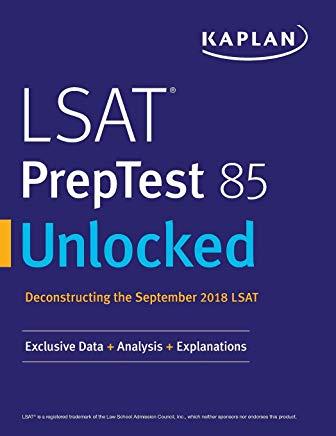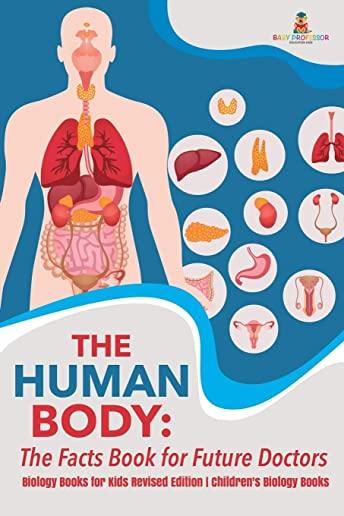
Monarch
product information
description
8Human-in-the-Loop Machine Learning lays out methods for humans and machines to work together effectively. Summary
Most machine learning systems that are deployed in the world today learn from human feedback. However, most machine learning courses focus almost exclusively on the algorithms, not the human-computer interaction part of the systems. This can leave a big knowledge gap for data scientists working in real-world machine learning, where data scientists spend more time on data management than on building algorithms. Human-in-the-Loop Machine Learning is a practical guide to optimizing the entire machine learning process, including techniques for annotation, active learning, transfer learning, and using machine learning to optimize every step of the process. Purchase of the print book includes a free eBook in PDF, Kindle, and ePub formats from Manning Publications. About the technology
Machine learning applications perform better with human feedback. Keeping the right people in the loop improves the accuracy of models, reduces errors in data, lowers costs, and helps you ship models faster. About the book
Human-in-the-Loop Machine Learning lays out methods for humans and machines to work together effectively. You'll find best practices on selecting sample data for human feedback, quality control for human annotations, and designing annotation interfaces. You'll learn to create training data for labeling, object detection, and semantic segmentation, sequence labeling, and more. The book starts with the basics and progresses to advanced techniques like transfer learning and self-supervision within annotation workflows. What's inside Identifying the right training and evaluation data
Finding and managing people to annotate data
Selecting annotation quality control strategies
Designing interfaces to improve accuracy and efficiency About the author
Robert (Munro) Monarch is a data scientist and engineer who has built machine learning data for companies such as Apple, Amazon, Google, and IBM. He holds a PhD from Stanford. Robert holds a PhD from Stanford focused on Human-in-the-Loop machine learning for healthcare and disaster response, and is a disaster response professional in addition to being a machine learning professional. A worked example throughout this text is classifying disaster-related messages from real disasters that Robert has helped respond to in the past. Table of Contents PART 1 - FIRST STEPS
1 Introduction to human-in-the-loop machine learning
2 Getting started with human-in-the-loop machine learning
PART 2 - ACTIVE LEARNING
3 Uncertainty sampling
4 Diversity sampling
5 Advanced active learning
6 Applying active learning to different machine learning tasks
PART 3 - ANNOTATION
7 Working with the people annotating your data
8 Quality control for data annotation
9 Advanced data annotation and augmentation
10 Annotation quality for different machine learning tasks
PART 4 - HUMAN-COMPUTER INTERACTION FOR MACHINE LEARNING
11 Interfaces for data annotation
12 Human-in-the-loop machine learning products
Most machine learning systems that are deployed in the world today learn from human feedback. However, most machine learning courses focus almost exclusively on the algorithms, not the human-computer interaction part of the systems. This can leave a big knowledge gap for data scientists working in real-world machine learning, where data scientists spend more time on data management than on building algorithms. Human-in-the-Loop Machine Learning is a practical guide to optimizing the entire machine learning process, including techniques for annotation, active learning, transfer learning, and using machine learning to optimize every step of the process. Purchase of the print book includes a free eBook in PDF, Kindle, and ePub formats from Manning Publications. About the technology
Machine learning applications perform better with human feedback. Keeping the right people in the loop improves the accuracy of models, reduces errors in data, lowers costs, and helps you ship models faster. About the book
Human-in-the-Loop Machine Learning lays out methods for humans and machines to work together effectively. You'll find best practices on selecting sample data for human feedback, quality control for human annotations, and designing annotation interfaces. You'll learn to create training data for labeling, object detection, and semantic segmentation, sequence labeling, and more. The book starts with the basics and progresses to advanced techniques like transfer learning and self-supervision within annotation workflows. What's inside Identifying the right training and evaluation data
Finding and managing people to annotate data
Selecting annotation quality control strategies
Designing interfaces to improve accuracy and efficiency About the author
Robert (Munro) Monarch is a data scientist and engineer who has built machine learning data for companies such as Apple, Amazon, Google, and IBM. He holds a PhD from Stanford. Robert holds a PhD from Stanford focused on Human-in-the-Loop machine learning for healthcare and disaster response, and is a disaster response professional in addition to being a machine learning professional. A worked example throughout this text is classifying disaster-related messages from real disasters that Robert has helped respond to in the past. Table of Contents PART 1 - FIRST STEPS
1 Introduction to human-in-the-loop machine learning
2 Getting started with human-in-the-loop machine learning
PART 2 - ACTIVE LEARNING
3 Uncertainty sampling
4 Diversity sampling
5 Advanced active learning
6 Applying active learning to different machine learning tasks
PART 3 - ANNOTATION
7 Working with the people annotating your data
8 Quality control for data annotation
9 Advanced data annotation and augmentation
10 Annotation quality for different machine learning tasks
PART 4 - HUMAN-COMPUTER INTERACTION FOR MACHINE LEARNING
11 Interfaces for data annotation
12 Human-in-the-loop machine learning products
member goods
No member items were found under this heading.
Return Policy
All sales are final
Shipping
No special shipping considerations available.
Shipping fees determined at checkout.







